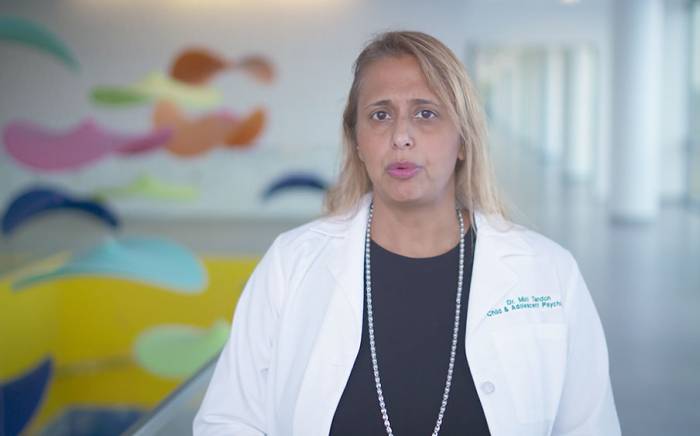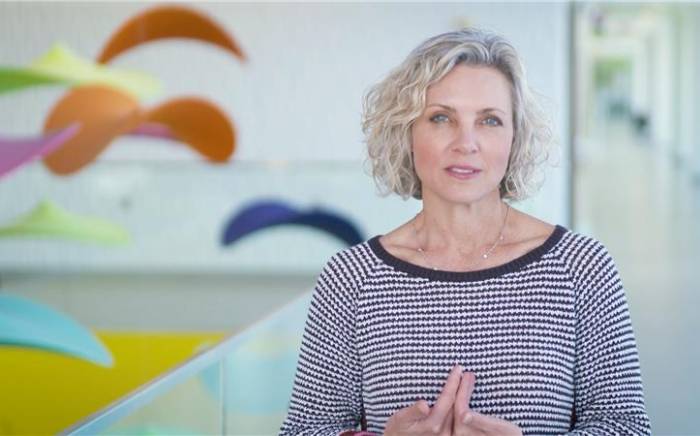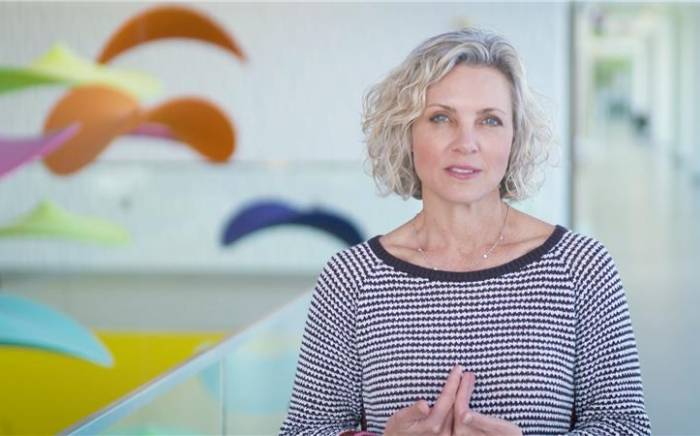On our healthy living list, we have to make sure our kids are getting enough exercise, skipping the “super-size” and cutting back on junk foods and soda. Check, check and check. We know good nutrition is important, but what about supplementing with vitamins?
While the American Academy of Pediatrics doesn’t officially recommend vitamins, many pediatricians and dietitians say vitamins are generally OK.
“I recommend vitamins for kids whose nutrition intake is poor or who aren’t growing well, or for toddlers and preschoolers who sometimes don’t eat an entire food group,” explains Tara Todd, RD, LD, a registered pediatric dietitian at St. Louis Children’s Hospital. “Vitamins are like a little insurance policy to make sure your child is getting key nutrients.”
But she emphasizes that vitamins are not a replacement for healthy eating. “Vitamins may help cover some nutritional holes, but you still have to encourage kids to eat healthy foods. There are so many important nutrients in different foods that we can’t get in a vitamin supplement. Eating real food is essential.”
What about the new drinks loaded with vitamins or herbs? “We don’t advise those vitamin-enhanced waters or drinks for a couple reasons,” Todd says. “Typically these beverages contain a lot of calories, which kids should avoid, and these drinks shouldn’t replace nutritious foods.”
Tips to find the right vitamin:
- Steer clear of health food stores and choose a national, name brand with the term USP (or U.S. Pharmacopeia) on the label. This seal of approval means the supplement meets the current FDA standards. Don’t give children a single vitamin supplement, such as a Vitamin E. Instead, choose a basic children’s multivitamin that says it’s “Complete.”
- Read the label and choose a multivitamin that only supplies up to 100 percent of the RDA rather than “megadoses” of certain nutrients. “Some people think more is better, but high doses of some vitamins, including vitamins A, D, E and K, can be toxic at high levels,” Todd cautions. Plus too much of a single vitamin or mineral can interfere with absorption of other nutrients.
- Treat vitamins as medications. Don’t call them “candy” when you give them to your child, and keep vitamins out of reach. Instruct children not to take a vitamin unless mom or dad gives it to them. Overdosing on vitamins can cause serious, life-threatening problems — iron overdosing is the leading cause of poisoning deaths among children.
- Take vitamins with a meal or light snack for better absorption and to prevent tummy aches.
- Brush teeth after taking a vitamin. Many chewable vitamins contain sugar and often get stuck in the teeth, which could lead to cavities.
- If your child is taking regular medication, talk to your doctor first before giving vitamins. Some vitamins and herbs can interfere with medications.
The Must-Have Vitamin for Breastfed Babies
In specific instances, supplementation is absolutely necessary. The American Academy of Pediatrics recommends that infants who are exclusively breastfed receive a supplement of 200 international units (IU) of vitamin D each day from age 2 months until they start drinking at least 17 ounces of vitamin D-fortified milk or formula a day.







